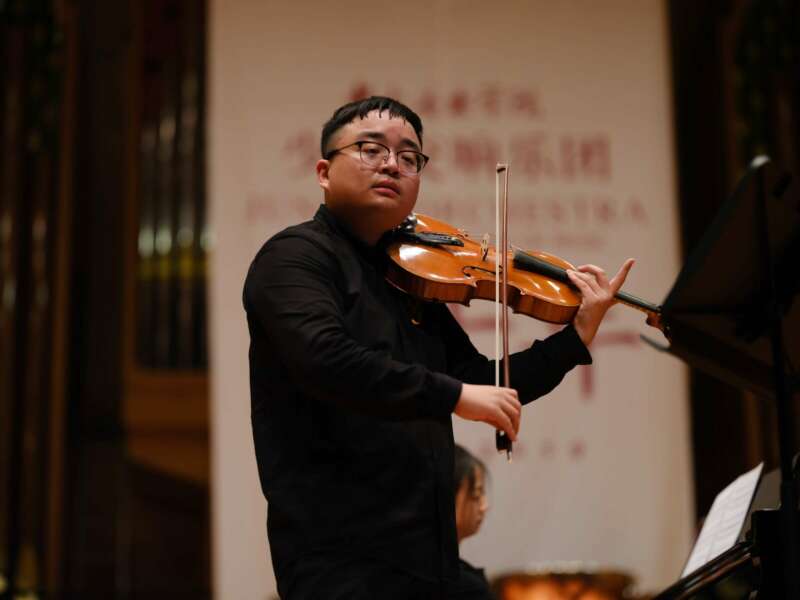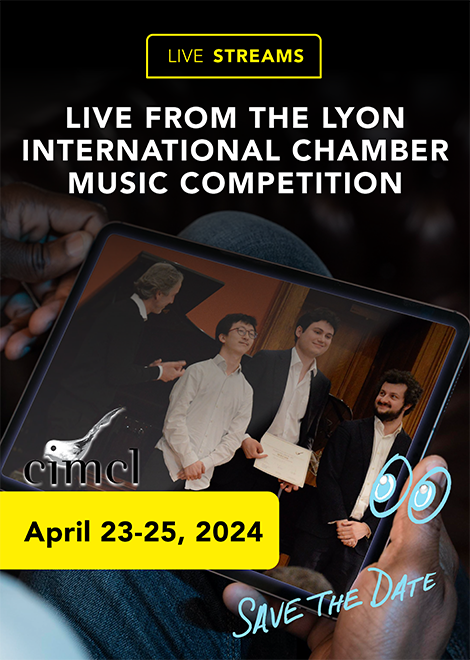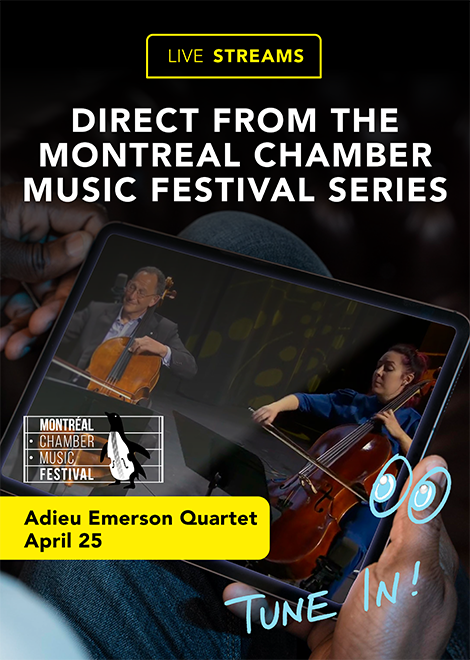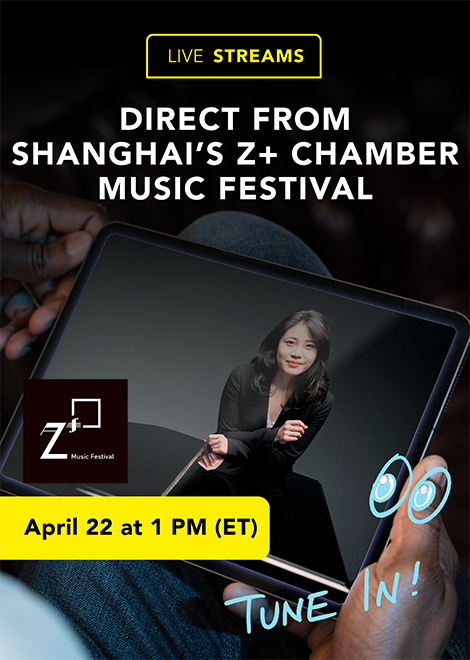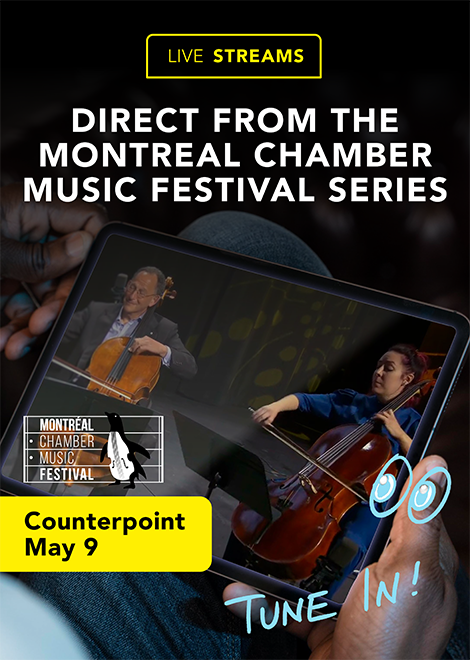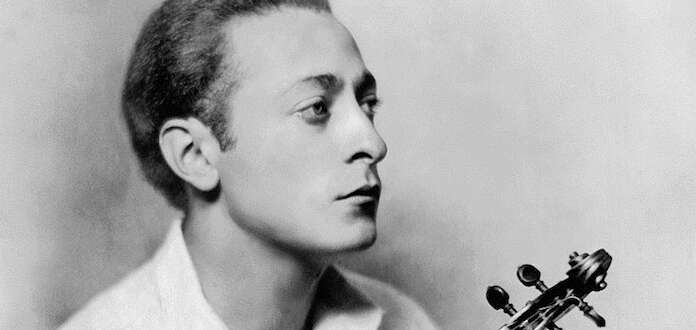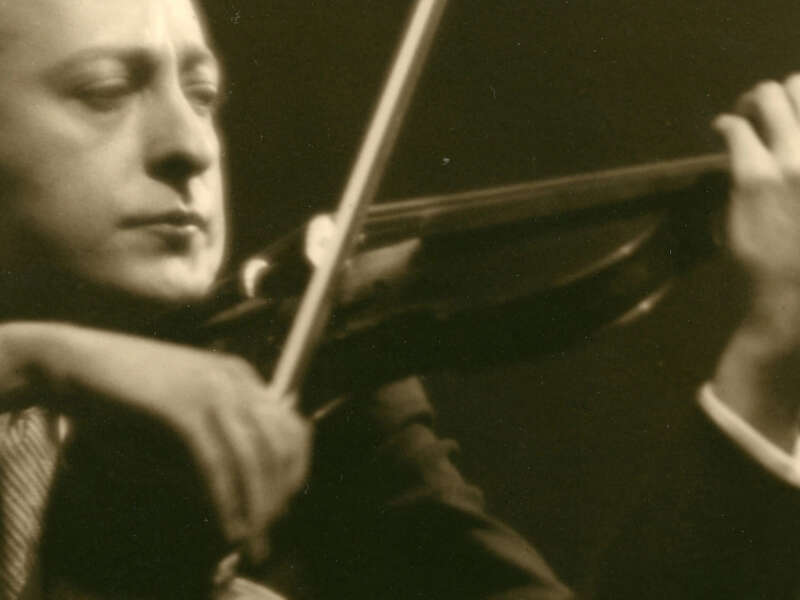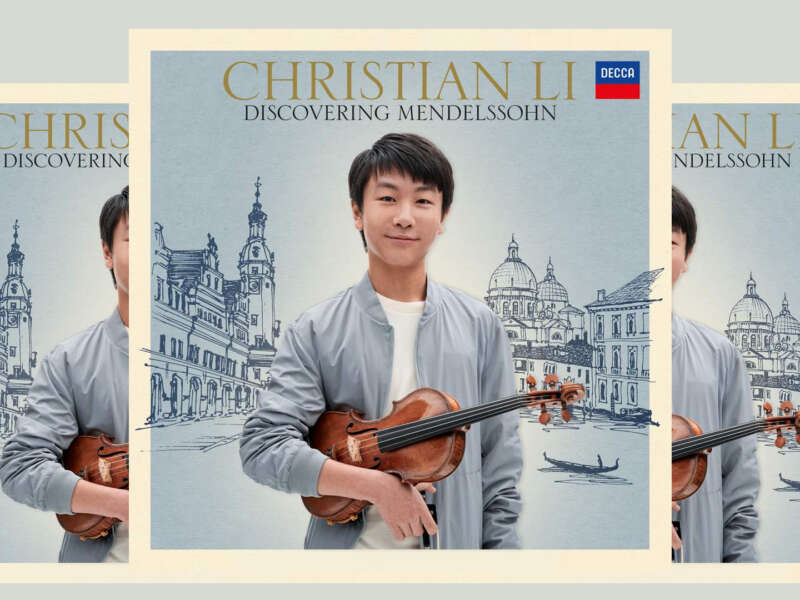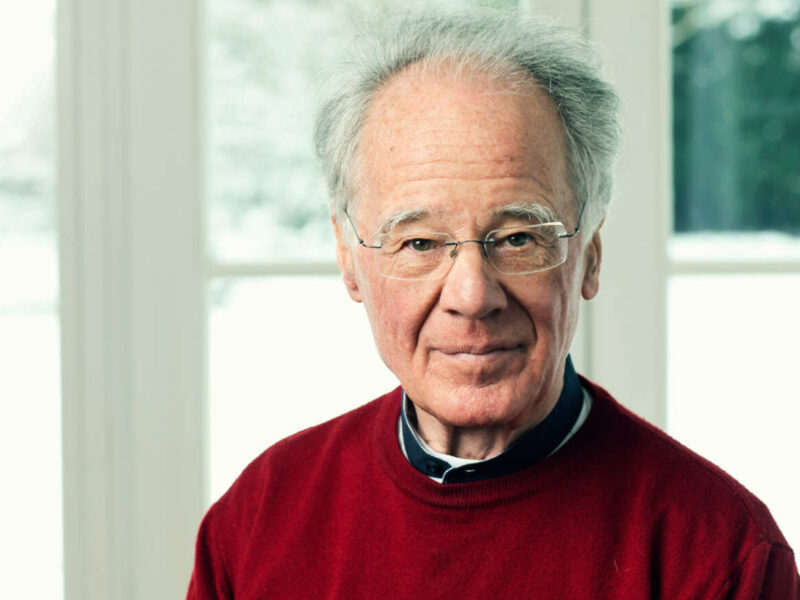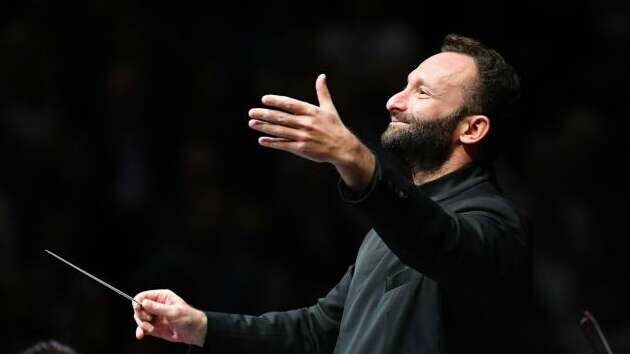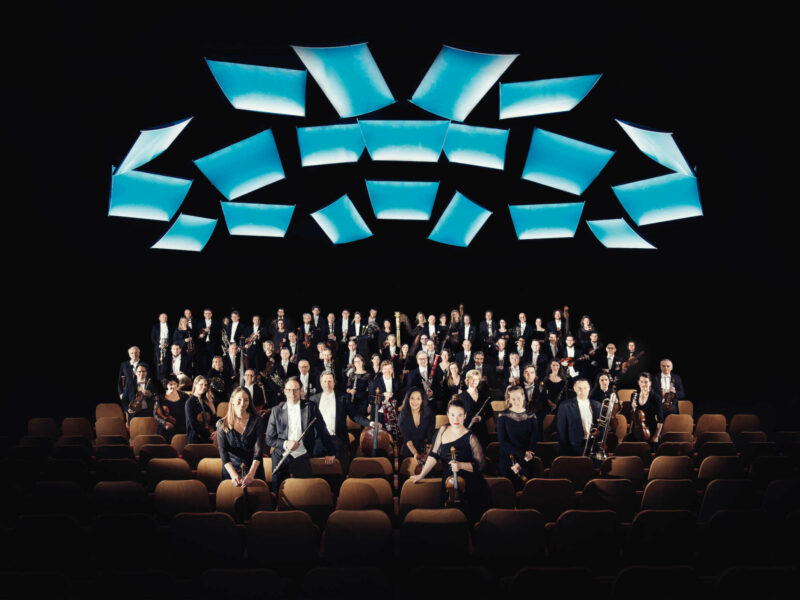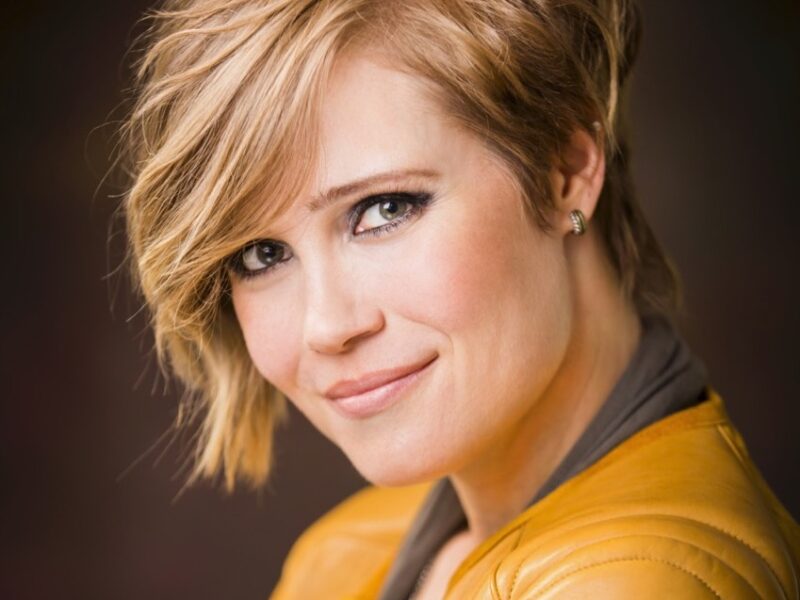VC INTERVIEW | Primrose International Viola Competition 2021
To take place between December 14 and 18 in Los Angeles, the competition is accepting applications until July 16, 2021 at 11:59 PM Pacific Time
The Violin Channel recently sat down with American Viola Society President Hillary Herndon, Colburn School President Sel Kardan, and Primrose Jury Chairman Barry Shiffman.
Tell us about the Primrose International Viola Competition. What has been its core mission since it started?
Hillary Herndon is indebted to Dr. Dwight Pounds and Dr. David Dalton for generously sharing the historical background on the Primrose Competition found in her responses.
Hillary Herndon: The Primrose International Viola Competition (PIVC), named for the premiere viola soloist of the 20th century, William Primrose, was founded in 1979 by David Dalton and presented in conjunction with International Viola Congress VII in Provo, Utah, which Dr. Dalton also hosted. Primrose initially resisted having the competition named in his honor as he agreed with Bartok's assertion that "competitions are for horses." Eventually Primrose agreed to let his name be used for the competition.
Between 1987 and 2008, eleven iterations of the competition were held with the title of the “Primrose Memorial Scholarship Competition.” In 2009 the AVS revived the original name.
Since its inception, the core mission has been to provide a competition dedicated solely to the viola, its performers and its literature, thereby helping advance all three. The PIVC was the first international competition specifically for the viola; the Lionel Tertis Viola Competition was founded in 1980, followed by others such as the Maurice Vieux and Tokyo Viola Competitions. Numerous compositions have been commissioned for the PIVC, including works by Wayne Bohrnstedt, Richard Lane, Scott Slapin, Peter Askim, and Christian Colberg.
Sel Kardan: The Primrose Competition is one of only a handful of international viola competitions and the most important regular viola competition in North America. From the beginning of the competition, it has attracted violists from around the world aspiring to multifaceted careers as soloists, chamber musicians, orchestral players, and pedagogues. Prize winners of the Primrose have gone on to highly distinguished professional lives.
This is the third time the Colburn School has hosted the competition, presenting it in partnership with the American Viola Society. The permanence of location and positive working relationship with the AVS, along with the appointment of experienced and renowned jury members and significantly more robust prizes, have continued to elevate the Primrose in the international competition arena.
How does William Primrose continue to inspire young string players even today?
Sel Kardan: William Primrose almost single-handedly established the viola as a solo instrument, inspiring numerous composers to explore the instrument's rich sonority and wide range. His extraordinary virtuosity and impeccable technique brought the viola into the spotlight and made evident that the viola and viola repertoire were worthy of the public’s attention.
Primrose made numerous recordings as a soloist and chamber musician and collaborated with the greatest artists of his day, including Jascha Heifetz and Gregor Piatigorsky. His brilliant transcriptions became standards of the viola literature, and his teaching legacy was significant. Almost 40 years since his passing, Primrose remains an icon of the viola world and his playing an inspiration to all who play the instrument.
For which musicians would you say the competition is most suitable?
Hillary Herndon: The PIVC is for violists who have just celebrated their 30th birthday and younger, and are members of the American Viola Society. There are specific repertoire requirements, including a new one this year – for a work by a Black, Indigenous, and People of Color (BIPOC) composer. Violists who advance to the live rounds play at a very high level but come from all over the world. Laureates represent fourteen separate countries and have ranged in age from 16 to 27. They have attended a wide range of national and international public universities as well as conservatories and over the years have assumed various and prestigious combinations of teaching, orchestral, chamber, and solo careers.
All candidates must be current members of, and in good standing with, the American Viola Society. Can you tell us about the history of this organization and this requirement?
Hillary Herndon: 2021 marks the 50th anniversary of the founding of the American Viola Society. Founded by Dr. Myron Rosenblum in 1978 as the American Viola Research Society, the organization was an offshoot of the German Viola Forschungs-Gesellschaft (Viola Research Society) founded in Germany in 1968.
From 1979-2012, any violist certified as a member of the International Viola Society was eligible to participate in the PIVC. Beginning in 2013, the membership requirement changed to be of the host organization, the American Viola Society.
How important do you feel competitions are for launching a young musician’s performance career?
Barry Shiffman: Creating awareness around a young person’s artistry is a constant challenge. With the explosion of promotion and awareness via social media and other modern outlets, one would think it is easier now than in the past to get recognized. My experience suggests that while gaining awareness is indeed possible with new avenues such as social media, the huge proliferation of content, including a great deal that is not at a high artistic standard, creates challenges.
Competitions recognize and celebrate excellence with the expertise of a knowledgeable and experienced jury, and that recognition can be a very important asset for an early career. Occasionally we see a new career launched with great speed, but more commonly careers are built incrementally, with a long series of successes that build the reputation. A win at a major competition like the Primrose is a very efficient way to move your career forward several paces. Doors are opened and opportunities are presented, and then it is up to the young artist to earn the return engagements.
There are many competitions today and many 1st, 2nd, and 3rd prize winners. What do you feel are the differentiating elements that propel some young musicians to a successful and sustainable performance career?
Barry Shiffman: Sustainable careers require a great number of things. Of course, a given is the consistency of compelling performances, but there is so much more that is needed. Understanding the role of the presenter and developing skills that allow you to work with the presenter to inspire their followers.
I remember early on in my own career with the young St. Lawrence Quartet and having the opportunity to tour with the legendary Tokyo Quartet. The concert day required an early morning 8:00 am flight, a 3-hour rehearsal at the venue, a concert that was broadcast live on radio, and a post-concert dinner reception. At 11:00PM after this long day, while packing up our belongings from the dressing room, a member of the Tokyo Quartet looked at my quartet and said, “only after the last guest has left is your work done”. The generosity and concern they brought to their music-making on stage was a part of all their interactions and that lead to lifelong relationships with organizations around the globe.
How important are fairness and transparency in your voting process? What initiative do you have in place to ensure an unbiased result?
Barry Shiffman: When you consider the hundreds of hours of work spent preparing for a competition and the enormity of the work involved to produce an event like the Primrose, the importance of integrity in the voting system and the promise of fairness for these artists and jurors is crucially important. I am very happy that Primrose has engaged one of the leading experts in competition voting systems, mathematician and educator, Dr. Moshe Renert.
Having worked closely with Dr. Renert, at competitions such as the Banff International String Quartet Competitions and Honens Piano Competition, I have seen how a nuanced system, designed to allow the jurors intent to shine through while protecting the competition from the possibility of unfair or overtly predatory voting, helps deliver a result that fairly reflects the jurors' impressions, and lets the jurors know that that their voices were heard and considered, even if their preferred performer did not win. We want performers to worry only about what happens on the stage and not have to second guess the voting procedures and similarly, we want the jurors to know that the voting system properly captured their intent. The full voting system will be published to support full transparency.
What are you most looking forward to at this year’s competition?
Sel Kardan: This year’s edition of the Primrose will be celebratory in that it will bring some of the most gifted violists to Los Angeles from around the world – many traveling and seeing each other for the first time in over a year and a half. I’m looking forward to hearing the viola in Zipper Hall and to experience some of the new and diverse repertoire that I know competitors will choose to perform.
I am also excited that the Colburn Orchestra will perform for the final concerto round with one of our gifted Salonen Conducting Fellows on the podium. I’m also very pleased to be welcoming a very distinguished jury of internationally acclaimed artists to participate in the competition and related events. All in all, it will be a wonderful conclusion to the fall semester.
How can musicians learn more about the repertoire, rules, and application process?
Complete information is available at www.primrosecompetition.org/primrose-2021; violists may also contact [email protected] with specific questions.
april 2024
may 2024




